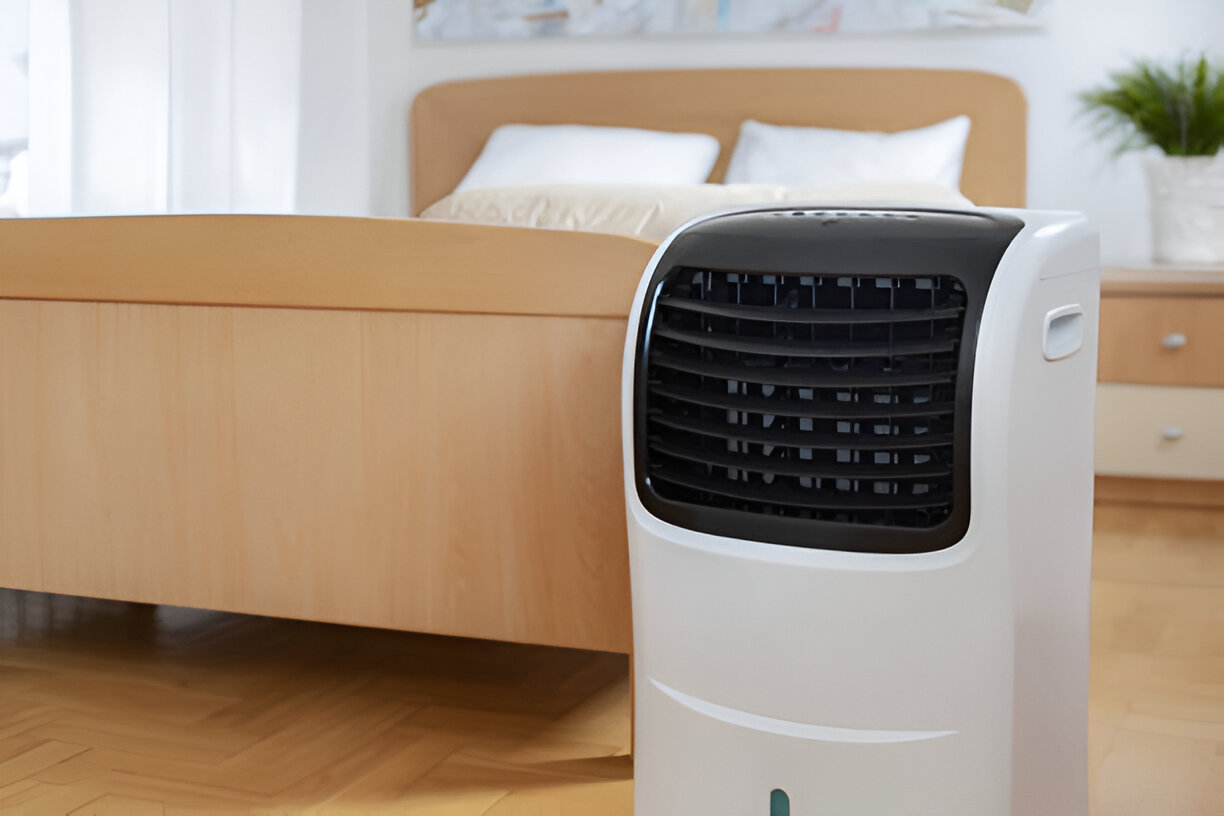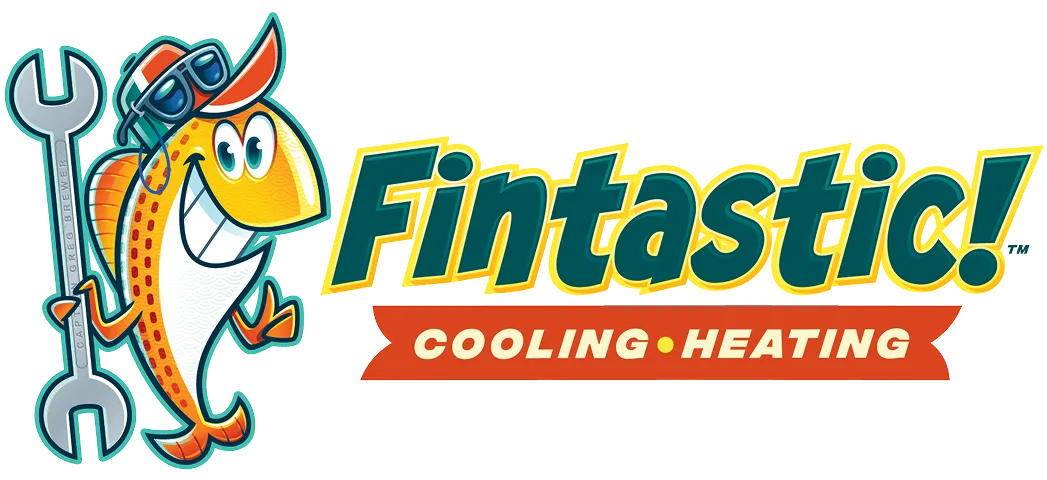Air Handler Repair in Bellaire, TX
Air Handler Repair in Bellaire, TX
An air handler is the heart of your home comfort system. In Bellaire, TX, where hot, humid summers and seasonal pollen put extra stress on HVAC equipment, timely air handler repair keeps indoor air comfortable, efficient, and reliable.

Common air handler problems in Bellaire, TX
Bellaire’s climate and housing stock contribute to a predictable set of air handler issues. Homeowners often see:
- Blower motor failure: Burned-out motors, seized bearings, or failed capacitors reduce or stop airflow. High summertime runtime increases wear.
- Frozen coils: Humidity, low airflow, clogged filters, or low refrigerant can lead to evaporator coil icing and reduced cooling.
- Electrical issues: Faulty control boards, relays, fuses, or loose wiring cause intermittent operation or complete shutdowns.
- Low airflow: Dirty filters, blocked ducts (from attic insulation or debris), failing blower wheels, or collapsed flex duct can lower airflow and comfort.
- Condensate drain problems: Clogs or improper slope cause water backups and potential indoor water damage.
- Coil corrosion or damage: Coastal humidity and seasonal pollutants can accelerate coil degradation in older units.
Diagnostic procedures — what technicians check
A structured diagnostic approach isolates the root cause quickly and prevents unnecessary repairs. Typical steps include:
- Visual inspection of the air handler, wiring, and access panels for signs of overheating, corrosion, or leaks.
- Airflow measurement at supply registers and at the air handler to detect restrictions or imbalances.
- Electrical testing of blower motor, capacitors, contactors, control board, fuses, and safety interlocks using ammeters and voltmeters.
- Coil and drain inspection for dirt buildup, icing, drain blockages, and microbial growth.
- Refrigerant system check for proper charge, pressure, and potential leaks when frozen coils or poor cooling are present.
- Thermostat and sensor verification to ensure correct control signals and calibration.
- Duct evaluation where necessary to rule out leaks, disconnections, or inadequate return pathways.
These diagnostics help determine whether a simple part swap, cleaning, or a more involved rebuild is required.
Emergency vs routine repair services
Urgent attention is warranted when there are signs of electrical hazard, water intrusion, or total loss of climate control:
- Emergency situations: burning or electrical smell, visible smoke or sparks, complete blower failure during extreme heat, or active water leakage threatening structure or finishes.
- Routine repairs: reduced cooling, weak airflow, noisy operation, intermittent cycling, or condensate slow-draining that don’t pose immediate safety risk.
Emergency interventions prioritize stopping active damage and securing safe operation. Routine repairs focus on restoring efficiency and preventing repeat failures.
Estimated repair times
Repair time depends on diagnosis, part availability, and whether the job is corrective or preventive. Typical timeframes:
- Quick fixes and diagnostics (filters, capacitor swaps, basic electrical checks): often resolved within about an hour.
- Moderate repairs (motor replacement, drain clearing, coil cleaning): commonly take a few hours including testing.
- Complex repairs or rebuilds (coil replacement, major control board work, extensive duct repairs): may take most of a day or require multiple visits if parts must be ordered.
Technicians will often stage work to restore safe operation first, then complete thorough repairs to recover efficiency and comfort.
Parts replacement vs rebuild guidance
Deciding whether to replace a component or rebuild depends on age, availability, cost-effectiveness, and long-term value:
- Replace when: the motor is failed beyond repair, parts are obsolete or unreliable, coils are badly corroded, or the control board has irreparable damage. New parts improve reliability and often restore original efficiency.
- Rebuild or repair when: the component has serviceable issues (bearings, belts, minor electrical faults), the air handler is otherwise in good condition, and repair extends useful life with a favorable return on investment.
- Consider the unit age and remaining expected life: older air handlers nearing the end of their service life may justify replacement rather than recurring repairs.
Technicians will weigh reliability, warranty coverage, and expected performance improvements when recommending replacement versus rebuild.
Maintenance plans to prevent future failures
Preventive maintenance significantly reduces breakdown risk and maintains efficiency — particularly in Bellaire, where heat and humidity accelerate wear. A proactive maintenance plan should include:
- Regular filter replacement or high-quality washable filters to protect coils and motor.
- Annual spring tune-up before cooling season: inspect electrical components, clean coils, verify refrigerant, and check blower operation.
- Seasonal condensate line cleaning and float switch checks to avoid water damage.
- Duct inspections every few years to seal leaks, remove insulation intrusion, and ensure proper airflow balance.
- Periodic motor and belt checks where applicable; lubrication if recommended by manufacturer.
- Thermostat calibration and zoning checks to ensure accurate control and reduced cycling.
Regular service preserves indoor comfort, reduces energy consumption, and helps avoid emergency calls during Bellaire’s peak heat periods.
How timely repairs restore efficiency and indoor comfort
Fixing air handler problems returns your system to balanced operation. Benefits of proper repair and maintenance include:
- Restored airflow and even temperature distribution throughout the home.
- Improved humidity control, reducing sticky indoor conditions common in Bellaire summers.
- Lower energy use by eliminating short cycling, motor inefficiency, or refrigerant issues.
- Fewer breakdowns and a longer service life for the entire HVAC system.
- Reduced risk of indoor air quality issues from mold growth on dirty coils or standing condensate.
Well-executed repairs and an ongoing maintenance plan keep Bellaire homes comfortable year-round, protect indoor environments from moisture-related issues, and ensure HVAC systems run as efficiently as possible.
If you need help with diagnosis, emergency stabilization, or establishing a seasonal maintenance plan for an air handler in Bellaire, TX, expect clear explanations of problems, transparent repair options, and guidance focused on restoring reliable, efficient home comfort.
Customer Testimonials
Our customers praise our exceptional service and attention to detail, consistently exceeding expectations.































































